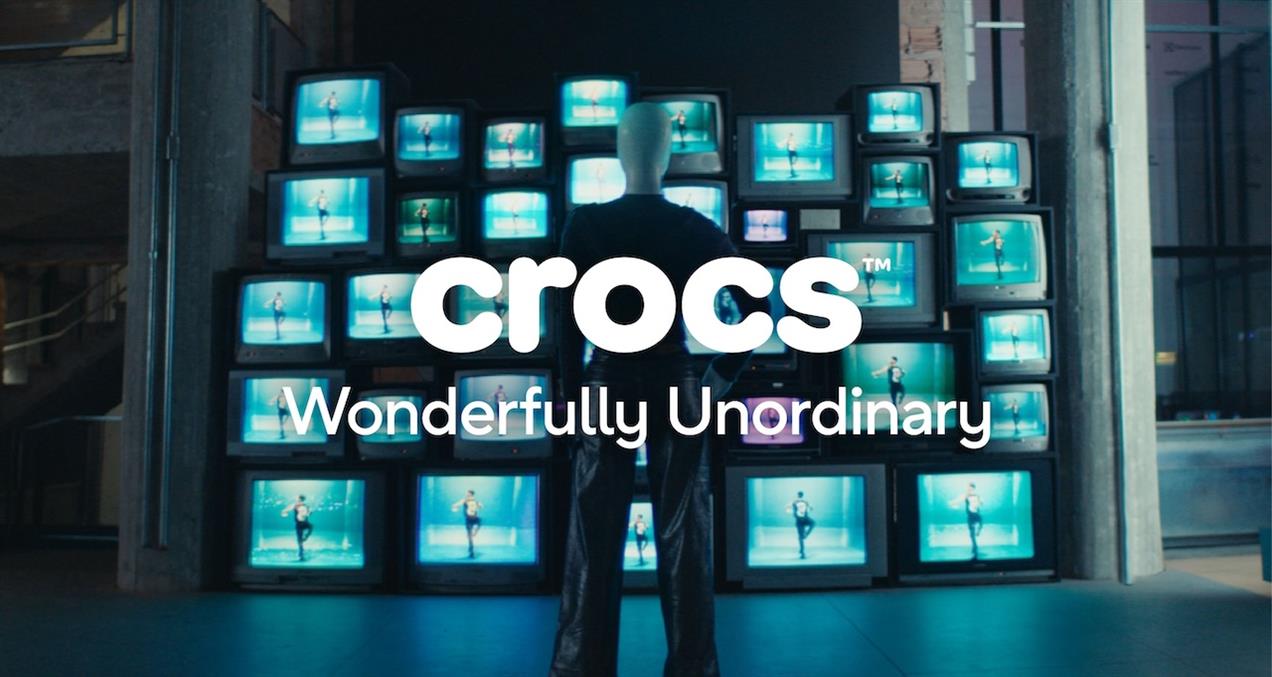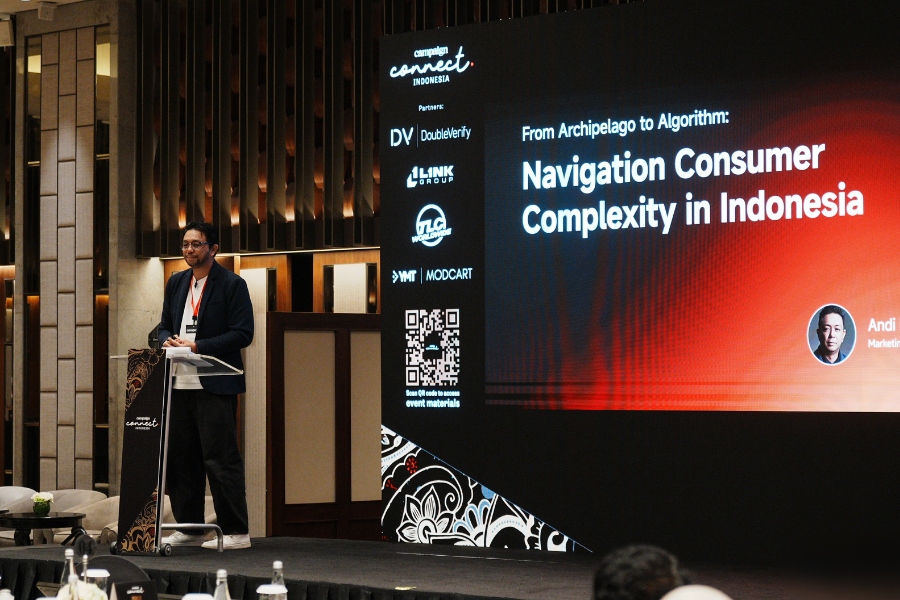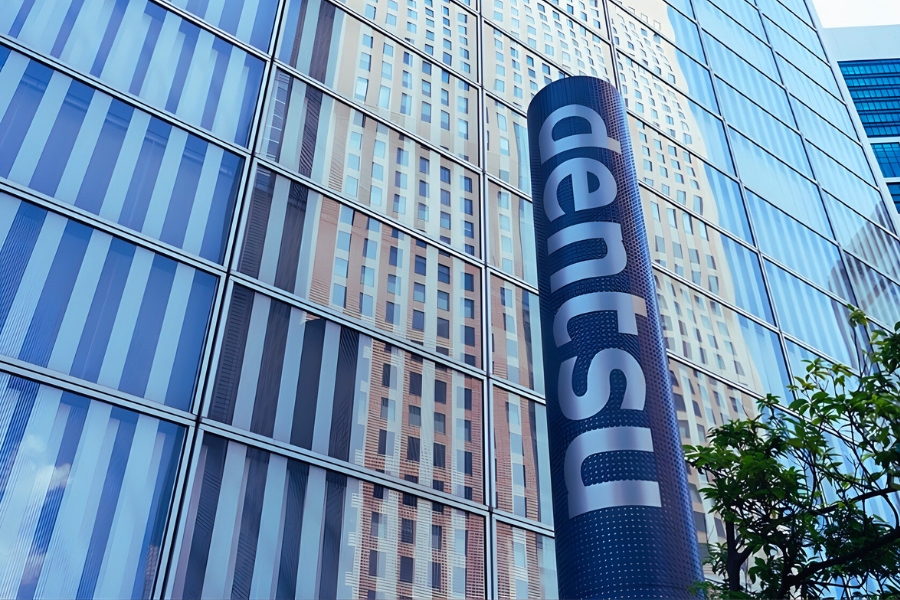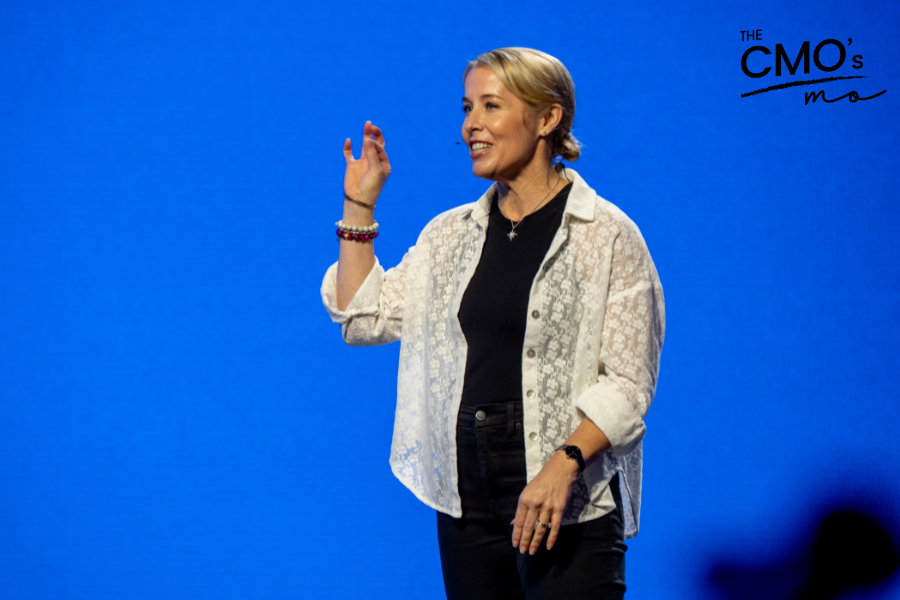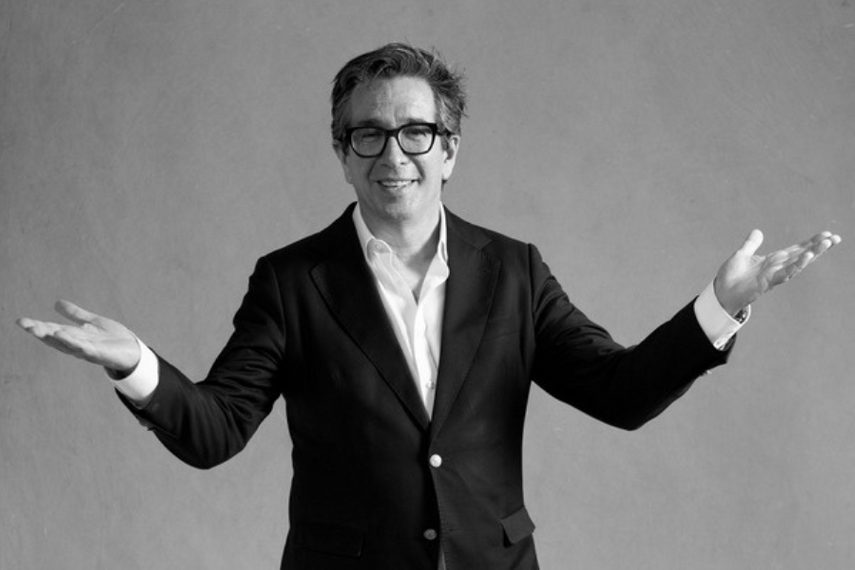We’ve seen the memes, such as this one that mock the hyperbolic, bloated ways people brand themselves on LinkedIn. But on the other hand, LinkedIn remains a platform on which people can brand their corporate journey, their values, and their work. It's inescapable that how we present ourselves online contributes to our personal brand, whether this encapsulates our professional contributions or how we publicly express our personal values.
Chris J ‘Mohawk’ Reed, founder and CEO of Black Marketing, specialises in personal branding for individuals and businesses, specifically to boost their visibility on LinkedIn. Having curated his own rather flamboyant personal brand, Reed emphasises that personal branding differs from the skills of an influencer in that a product is not being peddled to grow one’s followers. Personal branding is less to do with follower count and ROI, and more to do with eloquently presenting one’s values in an authentic way. A quick scroll through LinkedIn will show you that many in the marcomms industry are already masterful in this skill.
“The most important thing about your career is to actually have a personal brand,” says Reed. “Your personal brand can often differentiate yourself in terms of how you go forward, how you succeed, how you raise investment, how you win clients. Everything about you is about your personal brand.”
Reed adds that one’s personal branding can go a long way in increasing one's prospects for landing a job. For example, if you’re being interview by C-suite members of a company and they start talking about you afterwards, personal branding may weigh heavily into their consideration.
“It's about what they've learned in terms of Googling you, what they learned about your LinkedIn, it's about your thought leadership, your books, if you have any keynotes, how you come across, that's all part of your personal brand," Reed says. "And they will decide whether to employ you or invest in you based on that. It’s not based on your credibility or your qualifications or experience,” says Reed. “Why would I invest in someone who basically isn't even out there as a personal brand? I will automatically think that they’re trying to hide things.”
Reed, with utmost self-awareness, says that the idealism of meritocracy is dead. When someone is in an advanced stage of an interview, personal branding is a factor that can give them an edge over other candidates. This is why, he says, “sometimes the most qualified people don't get the right jobs—because their personal brand basically sucks”.
"From a career point of view, your personal brand could define whether you succeed or whether you die. If I Google you and nothing comes up, that’s a red flag."
—Chris J Reed, Black Marketing
On the other hand, personal branding can also be perceived as the ability for one to control the narrative of their brand regardless of factors such as formal qualifications and socioeconomic status. And in this sense, it can even be empowering. Reed himself doesn’t have a degree, nor did he go to university, but he has utilised the powers of LinkedIn to hone his online personality and eventually grow his status as an entrepreneur. This way, “affordability to get an MBA” is not factored into one’s attractiveness in landing a job.
“The trouble is that people with degrees and MBAs might not always have a personal brand. They can’t be always be CEO. They can't be a charismatic leader. They can't do any keynotes. Because basically they don't have the basic EQ. And that's where genuine meritocracy comes in,” says Reed. “If you put the effort into developing your own personal brand, you could rise above somebody else who has spent a quarter of a million dollars on an MBA.”
There’s also the issue of one’s personal brand being polarising, especially if opinions around political and social issues come into play. This shouldn’t be seen as a downside, says Reed. Instead, he uses it as a way to naturally weed out clients who are more safe or sterile in their marketing and identifies more strongly with clients who have more provocative personal branding.

Ayesha Desquiens, APAC partner at Grace Blue, a recruitment company specialising in marcomms, says that having a strong personal brand might make it easier for recruiters to find a person, but her role is to look beyond what’s available on LinkedIn and social media, so she wouldn’t consider a candidate based solely on it. She stresses that her role is to find the very best people, some of whom may or may not have that kind of presence.
“Like most things, there is no ‘one-size-fits-all’ answer to the relevance of personal branding. At Grace Blue, we could be working on searches in the industries of marketing, agencies, sales versus say CX or technology where you might have or need varying degrees of personal brand impact to support your career,” says Desquiens.
"Sometimes people are less comfortable with publicising their own achievements, don’t have the time or are just not actively in the job market so don’t consider it a priority."
—Ayesha Desquiens, Grace Blue
This is not to say that personal branding doesn’t have a role, in Desquiens’ view. Especially in leadership roles, having a ‘high-profile’ personal brand is an advantage, she says, and this might go beyond social channels.
“I wouldn’t call personal branding a criteria but a tool to be top-of-mind whenever a role does come up that might be a match to your skillset. The upside is you would attract a higher volume of first outreach for consideration. The downside is you might get screened out of potential roles unless your personal brand is absolutely on target,” she adds.
Sunshine Farzan, group head of marketing and communications at Tricor Group, says that personal branding allows you to make a positive, lasting impression that will set you apart from your peers. For her own career journey, she says personal branding helped in her becoming more aware of her strengths, weaknesses and her unique value proposition. When it comes to recruiting for her team, she is “increasingly reviewing” the personal brand of a potential team member online.
“Prospective candidates can stand out by consistently contributing thought leadership content and subject matter expertise across social media channels, developing portfolio websites and thoughtfully engaging in trending topics online,” she says.
She stresses that there are two golden rules for building value in your personal brand: storytelling and authenticity. Telling interesting stories can draw your intended audiences in and compel them to think differently and take action—which can be as simple as reading and commenting on your content. As your brand develops, your storytelling will evolve and your network will expand. Followers might proactively outreach, ask you questions, use your services, or even hire you for a job. The other rule is to always be authentic.
Reed echoes Farzan’s point on authenticity and says there’s no room for BS and faking it as it’s easy to get called out. He names Microsoft’s Satya Nadella and Singapore PM Lee Hsien Loong as examples of leaders that have developed personal brands in an authentic way.
“People are very, very aware these days. If a CEO was saying something about diversity, and then only having white men on their boards, for example. Or if a CEO is talking about sustainability on LinkedIn, and you find out they’re investing in oil and gas in Australia. These things get called out,” says Reed. “So just like a leader has to stack up, a company has to stack up the same way. But it's more damaging for a person because a company can get over it by employing PR and through marketing. A person can't do that.”
Hence the importance of owning up to mistakes or setbacks when they happen, as this too can contribute to one’s personal branding. “We've all been in situations where things have gone wrong, maybe you wrote or said the wrong thing. But if you were totally authentic, and you apologise and learn from it, that can be part of your personal branding,” adds Reed.
Over-the-top personal branding can also be a downfall for some as evidenced by Uber’s Travis Kalanick, Theranos’ Elizabeth Holmes, and WeWork’s Adam Neumann. The problem with these leaders, says Reed, is that they began to believe their own hype which led to an abuse of their powers. This resulted in the implosion of their own careers, and with that, the reputation of their companies took a hit.
He quotes Netflix’s new series Inventing Anna as another example of a person building a convincing and distinctive personal brand, yet a lack of authenticity (and in this case, actual deceit) leads to an eventual downfall.


